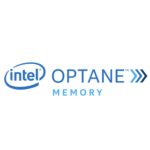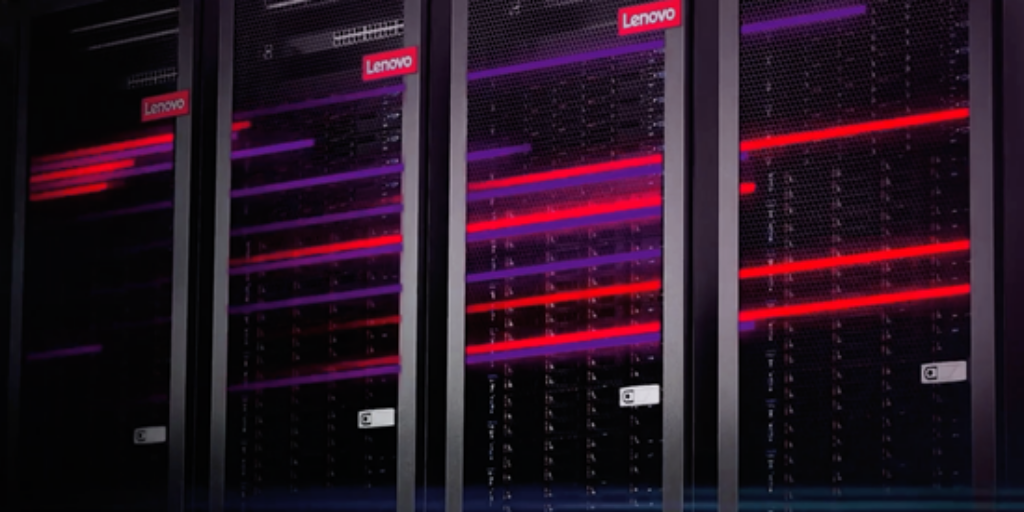Because HPC technologies today offer substantially more power and speed than their legacy predecessors, enterprises and research institutions benefit from combining AI and HPC workloads on a single system. This sponsored post from Intel explores the ins and outs of running AI and HPC workloads together on existing infrastructure, and how organizations can gain rapid insights, and experience faster time-to-market with advanced architecture technologies.
Running AI and HPC Workloads Together on Existing Infrastructure Enhances Return on System Investments
DAOS: Scale-Out Software-Defined Storage for HPC/Big Data/AI Convergence
As an all-new parallel file system, DAOS will be a key component of the the upcoming Aurora supercomputer coming to Argonne National Laboratory in 2021. “DAOS is an open source software-defined scale-out object store that provides high bandwidth, low latency, and high I/O operations per second (IOPS) storage containers to HPC applications. It enables next-generation data-centric workflows that combine simulation, data analytics, and AI.”
Faster Path to HPC Enabled with Intel Select Solutions for Simulation & Modeling
HPC clusters used for simulation and modeling today in government, academic, and corporate institutions drive scientific discovery and engineering innovation. This sponsored post from Bill Magro, chief technologist for HPC, and HPC solutions lead at Intel Corp., explores how Intel, OEMs, systems integrators, and ISVs partner to reduce deployment barriers through pre-configured and validated HPC systems.
Video: Leadership performance on the Intel® Xeon® Platinum 9200 series
In this video from ISC 2019, Brian Caslis from Intel describes how the Intel® Xeon® Platinum 9200 series of processors delivers new levels of HPC application performance. “2nd Gen Intel® Xeon® Platinum processors are the foundation for secure, agile, hybrid-cloud data centers. With enhanced hardware-based security and exceptional two, four, and eight+ socket processing performance, these processors are built for mission-critical, real-time analytics, machine learning, artificial intelligence and multi-cloud workloads.”
Interview: New Intel Innovations for the Convergence of HPC & AI
In this video from ISC 2019 in Frankfurt, Raj Hazra from Intel shares highlights from his keynote. “Intel’s disclosures at ISC’19 demonstrate how its data-centric portfolio addresses the unique challenges of HPC systems by bringing together HPC data analytics and AI acceleration into a single computing environment, while delivering a new memory and storage paradigm that feeds the compute engine.”
The Convergence of HPC and AI Workloads Requires Flexibility and Performance
Finding the best solution to meet the requirements for intertwined HPC and AI workloads requires us tolook at the overall platform benefits versus the benefits of individual technologies. With exascale on the horizon, the blending of HPC and AI algorithms, and ever-increasing data sets, having an overall robust platform is more important than ever. Intel makes the case for HPC and AI to share a common platform.
Unleashing the Next Wave of HPC Breakthroughs with Intel Optane DC Persistent Memory and Intel Optane DC Solid State Drives
In the face of unrelenting data growth, rising numbers of high-performance computing (HPC) workloads are memory bound. Caught between the high cost and limited capacity of DRAM and the lower performance of 3D NAND SSDs, HPC users increasingly find that despite workarounds, they’re unable to keep pace with skyrocketing data volumes and increasingly complex challenges. Intel Optane technology is designed to address these challenges.
Intel Addresses the Convergence of AI, Analytic, and Traditional HPC Workloads
HPC is no longer just HPC, but rather a mix of workloads that instantiate the convergence of AI, traditional HPC modeling and simulation, and HPDA (High Performance Data Analytics). Exit the traditional HPC center that just runs modeling and simulation and enter the world that must support the convergence of HPC-AI-HPDA computing, and sometimes with specialized hardware. In this sponsored post, Intel explores how HPC is becoming “more than just HPC.”











